"Ceramic Tray By Christian Neureuther, Waechtersbacher, Around 1900"
This glazed ceramic tray is a beautiful example of the German Art Nouveau style, combining simplicity and elegance. The background is composed of different shades of blue, framed by a rectangle with dotted lines. At the corners of this rectangle, four circular green medallions attract attention. These medallions are decorated with small blue flowers with a yellow heart, surrounded by sinuous patterns reminiscent of nature. The whole is balanced, with an empty central space that adds a touch of lightness. The tray is framed in oak and bronze or brass handles, to contrast with the shininess of the ceramic. This design perfectly illustrates the work of Christian Neureuther and the artistic production of the Waechtersbacher Steingutfabrik. The ceramic is in perfect condition, the frame has a very small crack at one corner (see photo). The tray has the mark of the Neureuther artistic department on the back.
Christian Neureuther, born in 1868 in Untersotzbach, is an emblematic figure of Art Nouveau ceramics in Germany. In 1903, Neureuther became head of the Wächtersbach ceramic studio, an independent division within the manufactory. There he introduced floral motifs and pure forms characteristic of Jugendstil, the Germanic counterpart of Art Nouveau. His creations were distinguished by innovative glazes and avant-garde designs, helping to modernize Wächtersbach's production and bring it international renown. His pieces were presented at prestigious exhibitions, including the 1904 World's Fair in St. Louis, where he won a gold medal, demonstrating the international appreciation of his work. He died in Hanau in 1921, and the Wächtersbach ceramic studio that he directed continued its activity for another eight years, perpetuating his artistic legacy.



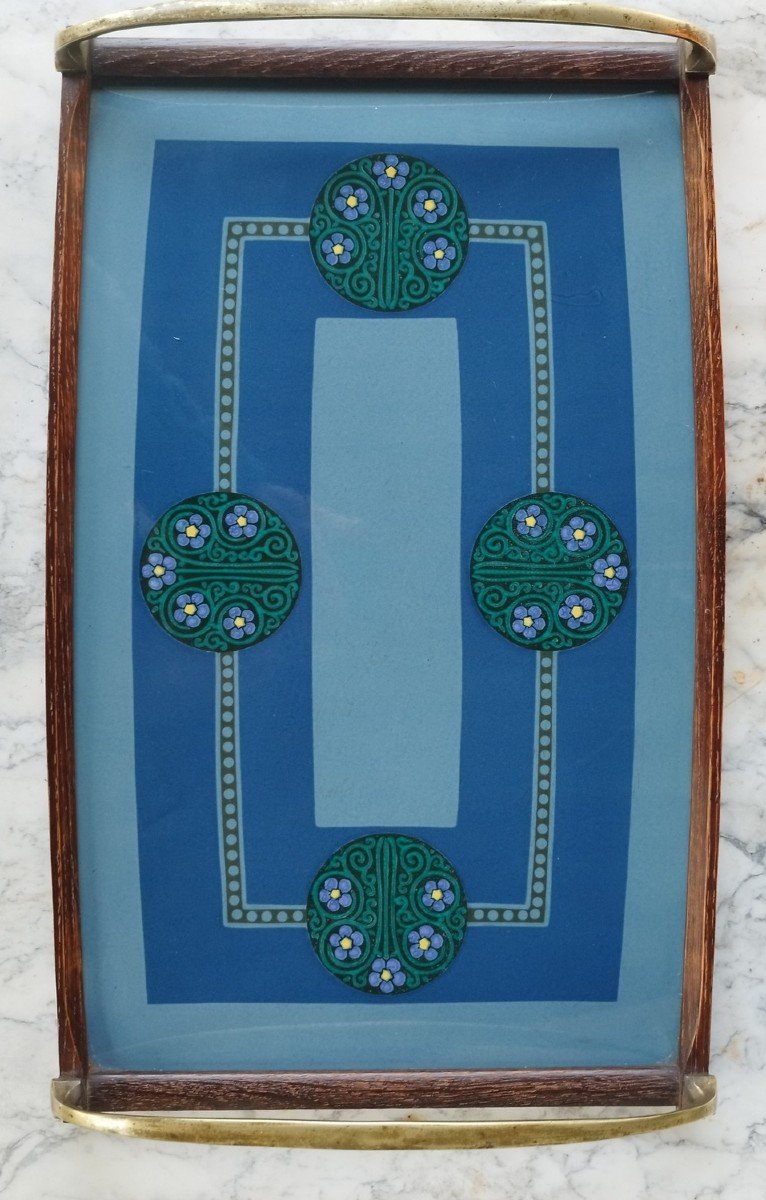


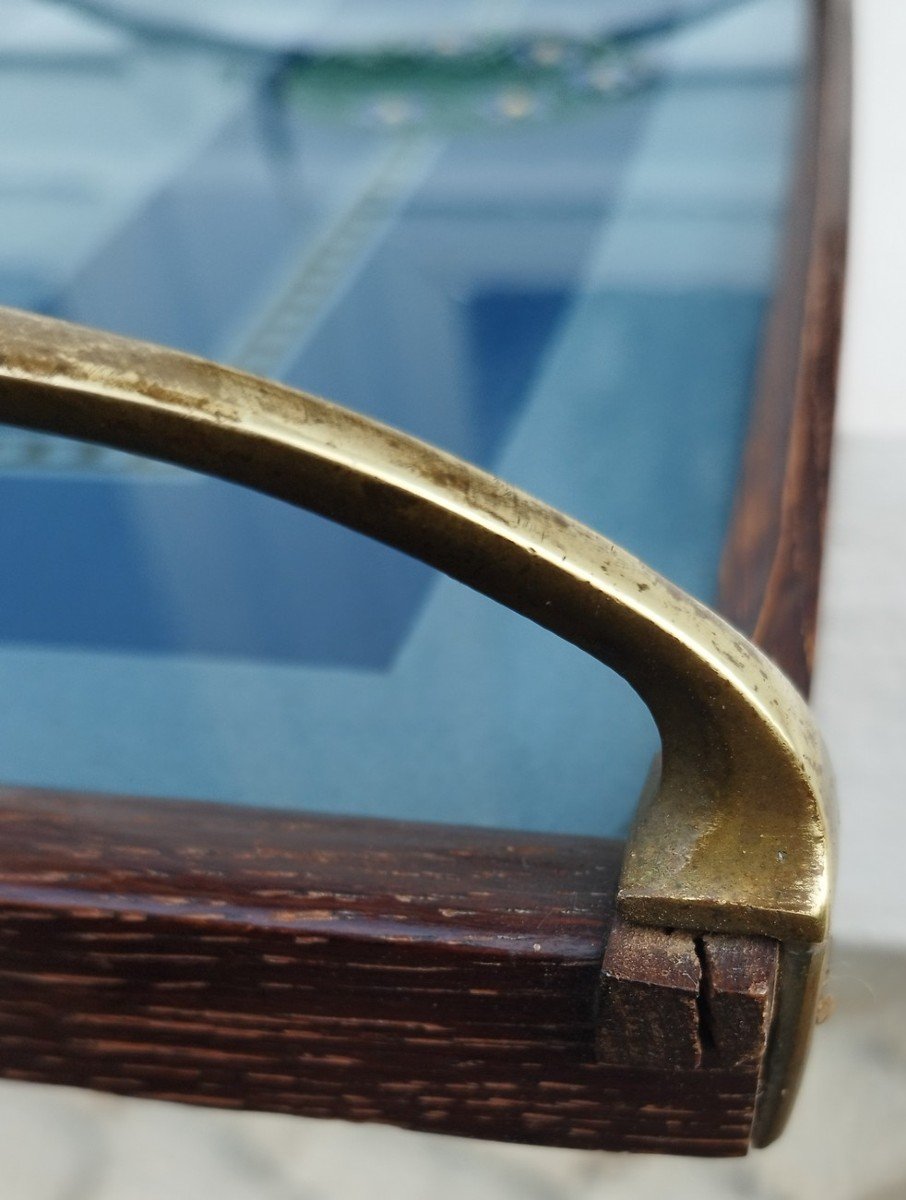











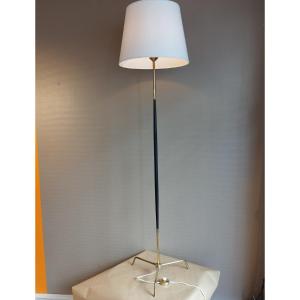



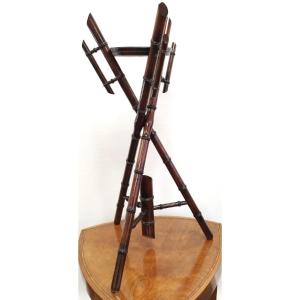
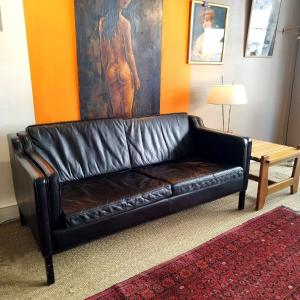
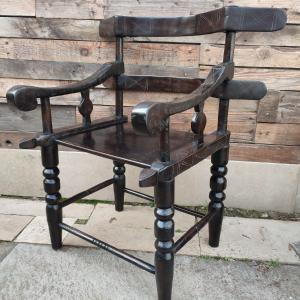

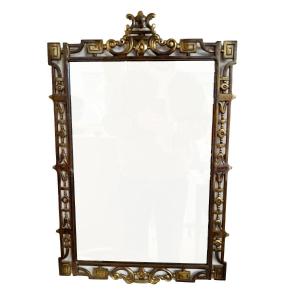


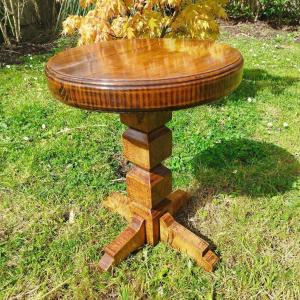
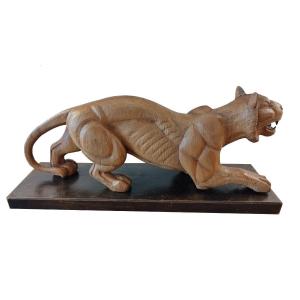


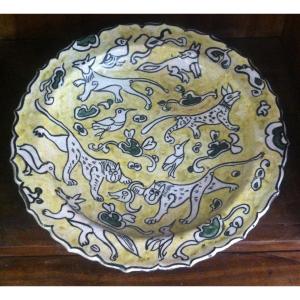


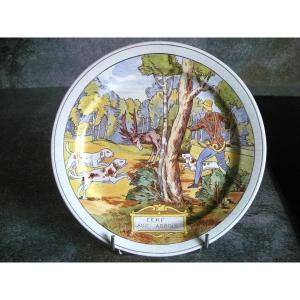



 Le Magazine de PROANTIC
Le Magazine de PROANTIC TRÉSORS Magazine
TRÉSORS Magazine Rivista Artiquariato
Rivista Artiquariato